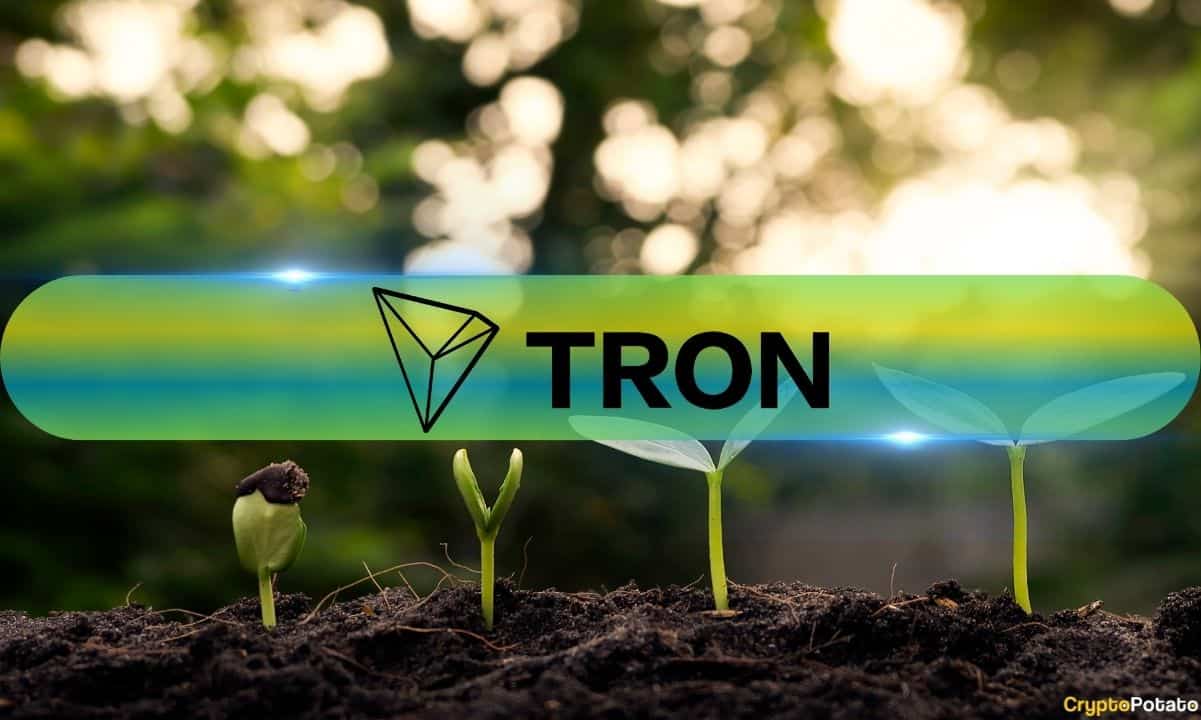It's not just you: Energy prices in Pennsylvania really are going up.
In fact, the average electricity price in the Keystone State increased by nearly 30% -- from 14 to 18 cents per kilowatt-hour -- between May 2020 and May 2024, according to month-by-month data from the US Energy Information Administration.
There are still plenty of ways Pennsylvanians can save money on energy, from shopping around for electricity suppliers to going solar to cutting household use. Here's what's behind energy prices in Pennsylvania, plus tips to lower your monthly electric bill.
What's the average electricity bill in Pennsylvania?
The good news is that Pennsylvania's energy prices aren't particularly high compared with the US average. The cost of electricity in the state is typically within one to two cents per kilowatt-hour of the national median, and Pennsylvanians have similar usage to the rest of the country on average.
This means that residential electric bills in Pennsylvania are right around the US average. The table below shows the average electric bill in Pennsylvania in 2022, according to data from the Energy Information Administration:
Average electric bill in Pennsylvania
| Average electricity price (in cents per kilowatt-hour) | Average monthly usage (kWh) | Average electric bill |
| 15.94 | 854 | $136.17 |
| 15.04 | 899 | $135.25 |
Shopping for electricity in Pennsylvania
Pennsylvania residents aren't able to choose their electric utility -- the entity that delivers power to their homes -- but they are able to choose their energy supplier.
"The main resource we recommend for people looking to shop for electricity options is PA PowerSwitch," said Flora Cardoni, deputy director with PennEnvironment, a statewide nonprofit organization whose mission includes working towards a future powered by clean energy.
On the PA PowerSwitch website, run by the Pennsylvania Utility Commission, you can shop for and compare energy suppliers. If you don't choose an energy supplier, you'll pay a rate charged by your utility, such as PECO, PPL or Duquesne Light Company. This rate typically fluctuates along with market prices for energy.
Another option is to shop for a plan from a different supplier that offers a fixed rate for a specific time period. With a locked-in rate, you may save overall, and your electric bills could fluctuate less from month to month. You can also shop around and find a green energy supplier to lower your home's carbon footprint.
However, it's a good idea to read each plan's electricity facts label closely before signing up. Keep an eye out for red flags like early termination fees and variable rates. You'll also want to set a reminder to shop for a supplier again before your plan runs out to avoid a potential jump in your rate.
Getting solar panels in Pennsylvania
Installing solar on your home's roof can significantly lower your household's electricity bills in the long run.
"We're very supportive of moving away from fossil fuels towards a clean energy future, and for people who can put solar on their own roofs, that's a great option to help us build that vision of the world," said Cardoni.
Getting solar panels in Pennsylvania can be a big investment, but there are incentives and other ways to go solar that can reduce or eliminate that upfront cost. With solar leases and power purchase agreements, a solar installer will put panels on your roof and then sell you the energy they generate, either at a fixed rate per kilowatt-hour or for a flat monthly rate.
Solar panels can also be purchased outright or financed through a solar loan with your installer or a third-party lender. One benefit of owning your panels is that you'll be eligible for a 30% tax credit for going solar thanks to the Inflation Reduction Act.
Legislation around community solar, which allows people who can't or don't want to install solar on their roofs to subscribe to local solar generation projects, hasn't been enacted in Pennsylvania -- yet.
"PennEnvironment is also advocating for the community solar bill in Harrisburg to pass so that more people can take advantage of clean, renewable energy and electricity savings," Cardoni said.
Pennsylvania's home electricity costs are pretty average, but there are still ways you can save money.
catnap72/iStock/Getty ImagesElectric bill assistance in Pennsylvania
- Utility assistance programs: Low-income households in Pennsylvania may be eligible for help paying energy bills through programs provided by their electric utility, such as a Customer Assistance Program, Customer Assistance Referral and Evaluation Program, or Low-Income Usage Reduction Program.
- Budget billing: Your electric utility may offer this assistance program, which is designed to make electricity bills easier to budget by charging the same amount every month.
- Hardship funds: Utilities in Pennsylvania also offer hardship funds, which are designed to support eligible customers experiencing hardships once other programs have been exhausted.
- Low-Income Home Energy Assistance Program: This state-level program provides grants from $300 to $1,000 for low-income households to pay heating bills.
- Weatherization Assistance Program: Low-income individuals may qualify for funds covering home energy audits, insulation, heating upgrades and minor repairs to make homes more energy efficient and cut electricity costs.
- Pennsylvania Utility Law Project: Pennsylvania households who are facing a utility shutoff or are without service can contact this nonprofit for free legal assistance and other resources.
Energy-saving tips for Pennsylvanians
Reducing electricity use and making your home more energy efficient is one of the best ways to save.
"The cleanest energy is the energy we don't use in the first place," said Cardoni. "We shouldn't be producing and wasting energy we don't need, but it's also helpful for people saving money on their utility bills at the same time."
Here are just a few ways your household can save on energy in Pennsylvania.
Get a home energy audit
An easy way to begin your quest for energy savings is a home energy audit. Many Pennsylvania utilities such as PECO offer their own energy assessment programs, often with coupons available to reduce the cost to as little as $25.
An auditor will evaluate your home's energy efficiency and make recommendations ranging from replacing incandescent light bulbs with LEDs and using smart plugs to adding attic insulation and replacing windows. You can use their recommendations as a checklist, making changes and upgrades as your budget allows.
Install a heat pump
Your home's HVAC system is one of its biggest energy users, especially in the summer and winter. Heat pumps are much more efficient than boilers or traditional air conditioners, and they can be used for ducted or ductless HVAC systems. Best of all, they're currently eligible for a 30 percent tax credit.
"The technology just keeps improving and becoming more efficient," said Cardoni. "There was a narrative that heat pumps wouldn't work in the winter here, and that's just not true. They do a good job, and you can even get money back."
Look for Inflation Reduction Act savings
Cardoni recommends that homeowners dig into the Inflation Reduction Act's incentives for other energy efficiency ideas backed by tax credits and rebates. Upgrading windows, installing skylights, sealing ducts and cracks and adding smart thermostats are just some of the improvements covered by the legislation.
While you can make upgrades now and take advantage of credits when you file taxes, Cardoni notes that Pennsylvania's energy efficiency rebate program is set to go live this winter. Rather than waiting for tax time to get those savings, you'll soon be able to save on things like energy-efficient appliances at or shortly after the point of sale.
Make small behavioral changes
If you're a renter or unable to upgrade big-ticket items like HVAC equipment or appliances, there are still small yet effective ways Pennsylvanians can reduce energy use and save money.
"If you don't have the money to buy a heat pump, you could consider washing your clothes in cold water, hanging your clothes to dry, sealing leaks, getting a more efficient showerhead, that sort of thing," Cardoni said.

/cdn.vox-cdn.com/uploads/chorus_asset/file/25688685/Meta_Quest_3S_iFixit_teardown.png)







 English (US) ·
English (US) ·